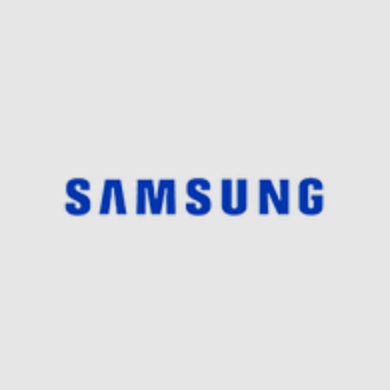A couple of European mobile operators will kick start the New Year with "i-mode," a popular Internet service for mobile phones that has been restricted until now to Japan.
There are 30 million i-mode subscribers in Japan who download stock quotes, read news and play games on their mobile phones with the service.
Dutch telco KPN Mobile, of which i-mode's creator NTT DoCoMo owns a 15 percent stake, plans to sample the service to a small number of subscribers on Thursday and then launch it in Germany, the Netherlands and Belgium in March 2002.
Swedish wireless carrier Telia Mobile said it plans to offer a mobile Internet service similar to i-mode next year. The service, called "PocketMode," will let users download content on their cell phones and pay for it on their mobile phone bills as is done in Japan.
Even though i-mode is popular in Japan, KPN is not optimistic it will repeat its success in Europe.
KPN's vice president Mark de Jong recently told Britain's Financial Times that his company wasn't banking on i-mode's success in Europe, but considered the service a stepping stone to next-generation (3G) mobile Internet services. Such 3G services, which allow mobile phone users to stream video on their cell phones, are available only in Japan.
- - -
Mobile phone to become playmate: If i-mode doesn't take off in Europe, maybe porn will.
Next year, mobile phone users in Finland will be able to download pin-up pictures from adult entertainment company Playboy.
An executive from one of the company's partners, Wireless Entertainment Service Finland (WES) recently told Reuters mobile phone users will be able to download "playmates" and any other photograph taken from the company for a "small fee."
"On the Internet, sex is the only thing that has been profitable and it's one area we are focusing on," WES CEO Mika Eriksson said.
- - -
Palm shows business heft: Flexing its muscle for professionals, Palm (PALM) plans to buy ThinAirApps, a developer of software that lets users gain access to their corporate e-mail and other business data.
In a move to boost Palm's ability to help businesses make handheld computers a necessary part of their workforce, Palm said it would pay $19 million in stock for ThinAirApps and offer its services.
In another deal that helps make Palm devices more powerful, Palm plans to put chips by Texas Instruments (TXN) in its new line of products. The chips will allow the devices to handle more complex tasks such as playing video clips and surfing the Internet.
Meanwhile, Handspring (HAND) is teaming with software developer Neomar to give handheld users access to business applications.
- - -
Microsoft grows a Bluetooth: Two months after launching the operating system, Microsoft (MSFT) said last week its Windows XP operating system would support Bluetooth, a radio that lets devices within 30 feet of each other interact without any wires.
Even though Microsoft promised at launch time its operating system would support the 802.11 wireless Ethernet standard, it didn't mention Bluetooth because it wanted to make sure there were "enough (Bluetooth-enabled) devices out there and there were reliable radios," said Tom Laemmel, a Microsoft product manager.
"We didn't get reliable radios to test," Laemmel said. "It took some time."
With Bluetooth, Windows XP users will be able to tinker with the computer's peripherals wirelessly.
- - -
Dialing around: Former Polish monopoly operator Telekomunikacja Polska SA (TP SA) said it would cut between 10,000 and 12,000 jobs – about one fifth of its workforce – to compensate for slowing demand for fixed-line services.... BellSouth (BLST5A09) now offers a service that lets companies give employees access to sales, inventory, e-mail and other business information on their cell phones.... Actiontec Electronics released a PC card compatible with the 802.11a wireless Ethernet standard that lets users stream video and other broadband content.... Ben Verwaayen from Lucent Technologies was recently hired as the new chief executive of British Telecommunications.

















